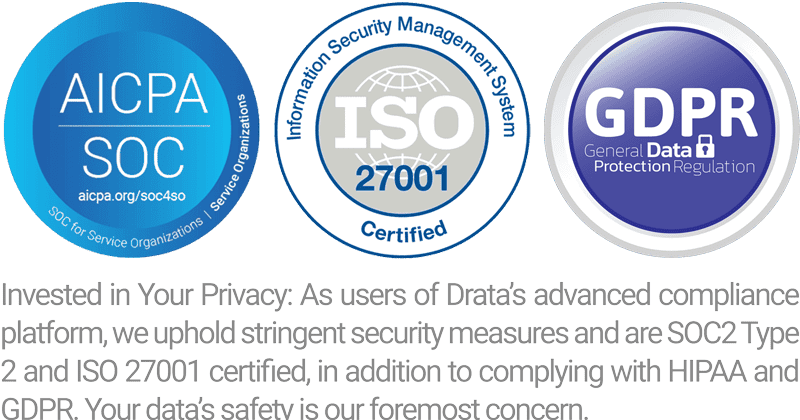Understanding the Lead Management Process
 A lead is any person, organization or company that could become interested in your products who has not yet made a commitment to buy. Regardless of where you get your leads (trade show, purchased leads, online lead generation, or referrals), you will need a systematic way to receive and evaluate your leads. Your methodology should be consistent and efficiently formatted to expedite entry into your database and distribute it to your sales force. It is important to nurture your contacts more proactively and qualify leads faster, especially if you want to get ahead of your competitors.
A lead is any person, organization or company that could become interested in your products who has not yet made a commitment to buy. Regardless of where you get your leads (trade show, purchased leads, online lead generation, or referrals), you will need a systematic way to receive and evaluate your leads. Your methodology should be consistent and efficiently formatted to expedite entry into your database and distribute it to your sales force. It is important to nurture your contacts more proactively and qualify leads faster, especially if you want to get ahead of your competitors.
The goal of an effective lead management process is to ensure that all sales opportunities are taken advantage of without dropping any qualified leads through cracks in the sales funnel. It will also improve the odds of turning potential leads into new customers. A good lead management process will plan and execute strategic campaigns and effectively measure your marketing ROI.
Did you know that more than half of your leads are not ready to buy after their first experience on your website? If you don’t sell them on your business in the first visit, you may not get them back again. You need to put a lot of work into attracting leads, but how you manage them after the conversion is what will determine if it was time well spent.
In business, time is money! Proper lead management will make your sales team more efficient and effective. Your sales force is paid to make sales and their time needs to be used wisely. It is important to ensure that your sales team is only working on the most qualified leads. Lead management will help you filter out the unqualified leads, so you better understand the buying cycle of those leads with the highest potential.
An effective lead management process helps target more specific customers, which is a more cost-efficient way to generate increased revenue. Inbound marketers put out a lot of new and relevant content on a regular basis. The secret to success comes from knowing exactly which content has attracted someone’s interest. Lead management enables you to identify which content and channels brought in your best, most qualified leads so you can focus your marketing activities and time on those.
A strong lead management system will also create a better experience for your prospects and leads. In a lead management system, content delivered to leads is targeted and tailored to their personal interests. In addition, because lead management documents the full history of their interactions with your company, your leads won’t have to spend as much time educating your sales team about their interests. Sales and marketing are already aligned and have an inside advantage into the customer. Lead management is more than just a software program. It is the secret to converting more sales leads into revenue.



